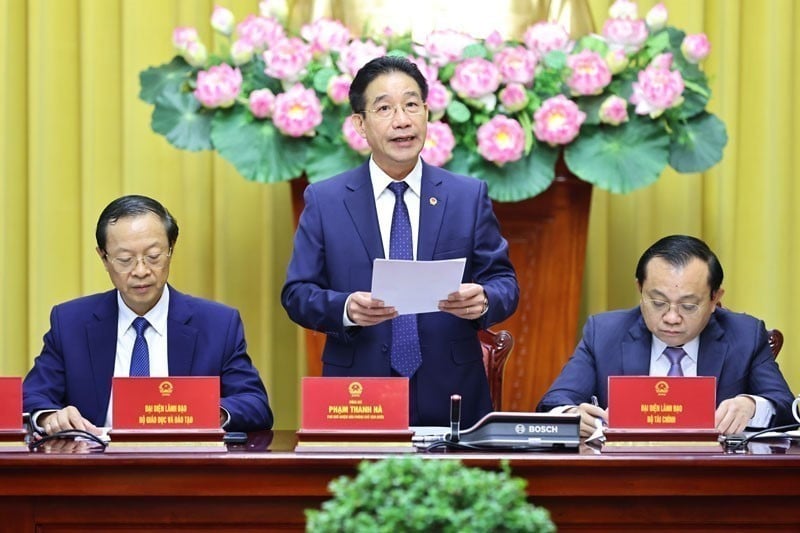 |
| Deputy Head of the Office of the President Pham Thanh Ha chaired the press conference. (Photo: VNA) |
These laws include: Law on Teachers; Law on Employment; Law on Special Consumption Tax; Law on amending and supplementing a number of articles of the Law on Advertising; Law on Chemicals; Law on Management and Investment of State Capital in Enterprises; Law on Corporate Income Tax; Law on amending and supplementing a number of articles of the Law on Economical and Efficient Use of Energy; Law on State Budget.
Perfecting the legal corridor for teachers and the labor market
The Law on Teachers consists of 9 chapters and 42 articles. The provisions of the Law on Teachers focus on 5 major policies on teachers approved by the Government, including: Identification of teachers; standards and titles of teachers; recruitment, use and working regime of teachers; training, fostering, treatment and honoring of teachers; state management of teachers.
Regarding new and outstanding points, for the team of more than one million teachers nationwide, the Law on Teachers is an important legal corridor, creating more complete and better policies so that teachers can work with peace of mind and dedicate themselves to their profession.
For the Education sector, the Law on Teachers affirms the position and proactive role of the sector in recruiting, using, managing and developing the teaching staff; creating more favorable opportunities for the Education sector in managing the sector and developing the teaching staff.
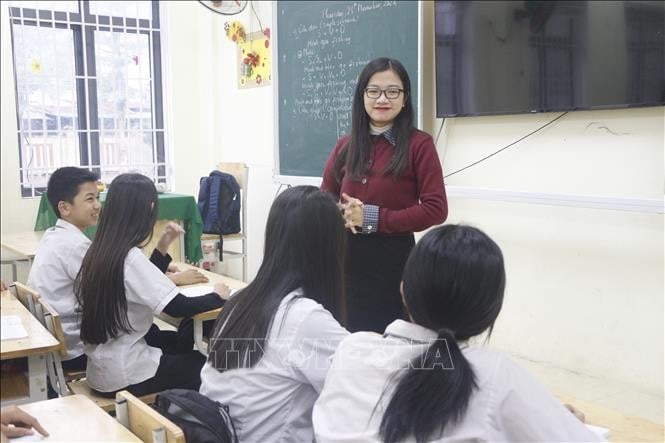 |
| The Law on Teachers is an important legal corridor, creating more complete and better policies so that teachers can work with peace of mind and dedicate themselves to their profession. (Illustration photo: VNA) |
Similarly, the Law on Employment, consisting of 8 chapters and 55 articles, has institutionalized the Party's policies and guidelines on institutional improvement, removing "bottlenecks of bottlenecks"; ensuring the consistency, unity and suitability of the legal system and compliance with international commitments that Vietnam has participated in, contributing to promoting the development of the labor market, towards ensuring sustainable employment for all workers.
The 2025 Law on Employment stipulates policies to support job creation, labor registration, labor market information system, vocational skills development, employment services, unemployment insurance, state management of employment and applies to all workers who are Vietnamese citizens aged 15 and over who are able to work and have a need to work (including workers with labor relations and workers without labor relations, and unemployed people).
The 2025 Employment Law inherits the provisions that have been effectively implemented from the 2013 Employment Law, amends the provisions that are no longer suitable, focusing on adding provisions to institutionalize the 4 breakthrough Resolutions - the "four pillars" bringing the country into a new era.
These two laws come into effect from January 1, 2026.
Add more items to taxable list
The Law on Special Consumption Tax consists of 4 chapters and 11 articles, effective from January 1, 2026. Compared with the current Law on Special Consumption Tax, the Law on Special Consumption Tax 2025 has many new points.
Regarding taxable objects, in addition to the goods and services subject to special consumption tax inherited from the current Law on Special Consumption Tax, the Law on Special Consumption Tax has added soft drinks according to national standards with sugar content over 5g/100ml to the taxable objects; stipulated that air conditioners with capacity over 24,000 to 90,000BTU (instead of air conditioners with capacity from 90,000BTU or less) are subject to tax; amended and supplemented a number of goods subject to special consumption tax such as cigarettes, alcohol, beer, cars, airplanes... to synchronize with specialized laws.
In addition to the contents on subjects not subject to inheritance tax in the current Law on Special Consumption Tax, the Law on Special Consumption Tax has amended and supplemented subjects not subject to tax for goods produced, processed, directly processed by organizations and individuals for export abroad or sold or entrusted to other business organizations and individuals for export abroad;
Amending and supplementing regulations on subjects not subject to special consumption tax for: "Airplanes, helicopters, gliders, yachts used for the business purpose of transporting goods, passengers, tourists and airplanes, helicopters, gliders used for security, national defense, ambulance, rescue, firefighting, pilot training, filming, photography, surveying, and agricultural production";
Add the subject "passenger cars, four-wheeled passenger cars with engines that are not registered for circulation and only run within the scope of entertainment, recreation, sports, historical sites, hospitals, schools and other specialized cars"...
With 4 chapters and 20 articles, effective from October 1, 2025, the Law on Corporate Income Tax was promulgated to fully institutionalize the policies and orientations identified in documents and resolutions of the Party and State on reforming the tax policy system in general and corporate income tax policy in particular;
Review and clearly identify the contents and scope of issues that need to be revised and supplemented to overcome difficulties and problems that have arisen in recent times; ensure consistency and unity between the provisions of the law on corporate income tax and the provisions of relevant laws, especially the laws on investment, enterprises, science and technology, innovation and digital transformation, digital technology, etc.
The Law on Corporate Income Tax applies from the 2025 corporate income tax period. Compared with the current Law on Corporate Income Tax, the Law on Corporate Income Tax 2025 has new points related to taxpayers and taxable income; tax-exempt income; tax period, determination of taxable income and tax calculation method; deductible and non-deductible expenses when determining taxable income; corporate income tax rate; corporate income tax incentives...
Perfecting regulations on advertising; investing state capital in enterprises
The Law amending and supplementing a number of articles of the Law on Advertising, consisting of 3 articles, takes effect from January 1, 2026; is built on the spirit of innovative thinking in law-making and enforcement to meet the requirements of national development in the new era.
The National Assembly assigned the Government to provide detailed regulations and guidance on new, frequently changing, and unstable issues; limit the emergence of administrative procedures, create favorable conditions for people and businesses; innovate thinking in the viewpoints and methods of advertising management, especially online advertising and cross-border advertising.
The important and groundbreaking new regulations in the Law include the addition of rights and obligations of the person delivering advertising products; Vietnamese words in advertising products; requirements for advertising content and advertising conditions; advertising on radio, television, online, outdoor...
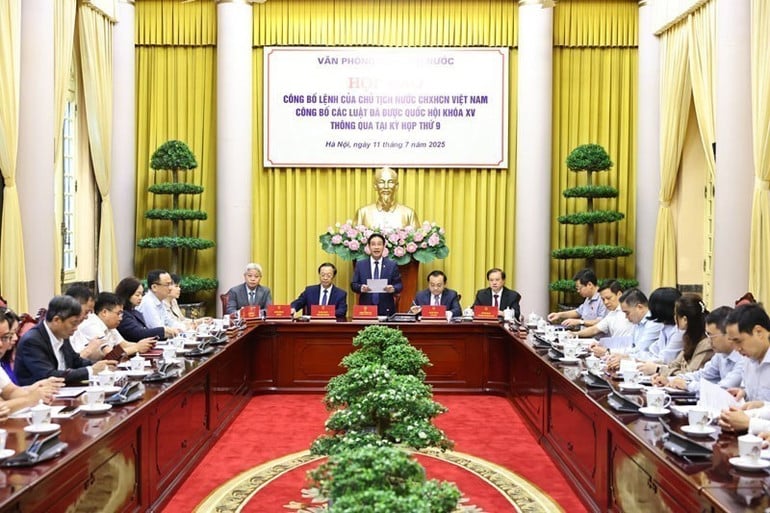 |
| Deputy Head of the Office of the President Pham Thanh Ha chaired the press conference. (Photo: VNA) |
The Law on State Capital Management and Investment in Enterprises consists of 8 chapters and 59 articles, effective from August 1, 2025.
Regarding the innovative contents, the scope of regulation of this Law regulates the investment of state capital in enterprises and the management of state capital in enterprises; there is no phrase "using state capital to invest in production and business" and "supervising the management and use of state capital in enterprises" as in Law No. 69/2014/QH13, the content of "management of state capital in enterprises" includes the content of using and supervising state capital and has selectively inherited the provisions of Law No. 69/2014/QH13.
The Law clearly defines the subjects of application, including state-owned enterprises as prescribed by the Law on Enterprises; credit institutions in which the State holds more than 50% of the charter capital as prescribed by the Law on Credit Institutions, except for Policy Banks (thereby not only applying to enterprises in which the State holds 100% of the charter capital as in Law No. 69/2014/QH13).
At the same time, the implementing provisions stipulate that political organizations, the Vietnam Fatherland Front and member organizations are allowed to apply this Law to manage and invest capital of the organization in enterprises in order to create a legal basis for investment and capital management activities of these organizations...
Cut down and simplify processes and procedures
The Law on Chemicals consists of 7 chapters and 48 articles, effective from January 1, 2026.
The Law has new contents related to building policies for sustainable development of the chemical industry into a modern, fundamental industry; synchronous management of chemicals throughout the entire life cycle; management of hazardous chemicals in products; improving the effectiveness of ensuring chemical safety...
The Law on Chemicals is built in the direction of enhancing decentralization and delegation of power; simplifying and cutting down administrative procedures; applying maximum information technology to improve the investment and business environment; and creating favorable conditions for enterprises during the implementation process.
Along with that, the Law on Chemicals has added enforcement and appropriate transitional provisions to avoid creating gaps in management and minimize difficulties and obstacles for businesses.
The Law on Chemicals is an important and timely step to fully and comprehensively institutionalize the Party's guidelines and policies on sustainable development of the chemical industry; at the same time, it contributes to ensuring national defense, security, social safety, protecting people, facilities, assets and the environment.
The Law amending and supplementing a number of articles of the Law on Economical and Efficient Use of Energy, consisting of 2 articles, takes effect from January 1, 2026.
The Law has closely followed 4 policies on: Improving the effectiveness of state management in the field of economical and efficient energy use; management and development of energy consulting services, energy auditing, human resource training in the field of economical and efficient energy use; regulations on preferential policies and financial support tools for the field of economical and efficient energy use; market transformation and performance management of energy-using vehicles and equipment...
The State Budget Law consists of 7 chapters and 79 articles; it has institutionalized the Party and State's policies and orientations on the state budget; innovated the mechanism of decentralization of revenue sources and expenditure tasks, ensured the leading role of the central budget, increased the initiative of local budgets; defined responsibilities and powers between the central and local levels, linked with the rights and responsibilities of each level according to the motto, whichever level implements most effectively and promptly, that level will be assigned to implement; locality decides, locality does, locality is responsible.
Strengthen and improve the effectiveness of supervision by the National Assembly and People's Councils at all levels; reduce and simplify processes and procedures in the state budget process; promote restructuring of the state budget, ensuring savings, efficiency, publicity, transparency and enhancing accountability.
State Budget Law No. 89/2025/QH15 takes effect from the 2026 budget year. State Budget Law No. 83/2015/QH13, which has been amended and supplemented by a number of articles under Law No. 59/2020/QH14, and Law No. 56/2024/QH15, ceases to be effective from the effective date of this Law.
3 groups of contents, implemented from July 1, 2025, include: Decentralization of spending tasks between provincial budgets and commune-level budgets for the fields of science, technology, innovation and digital transformation; synthesis, preparation of state budget estimates, organization of state budget spending for the fields of science, technology, innovation and digital transformation; temporary budget allocation.
Source: https://huengaynay.vn/chinh-tri-xa-hoi/cong-bo-lenh-cua-chu-pich-nuoc-ve-9-luat-moi-duoc-quoc-hoi-thong-qua-155560.html










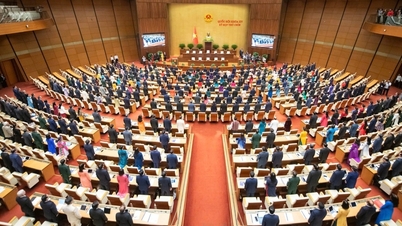

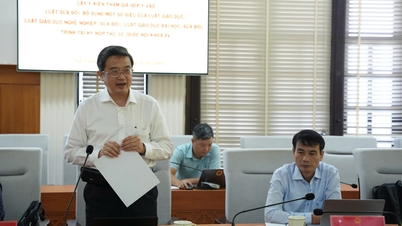
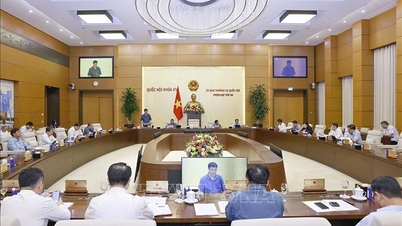



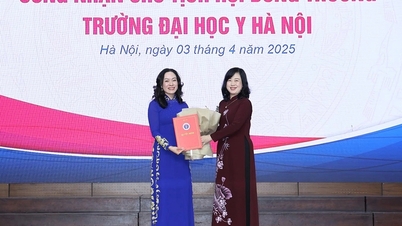





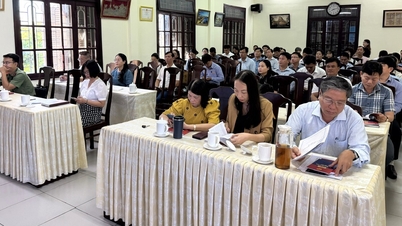

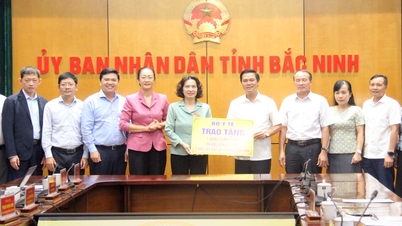





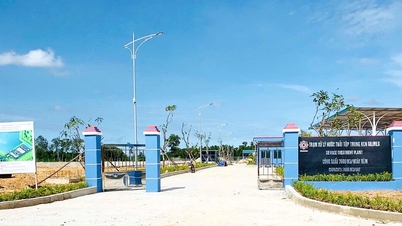


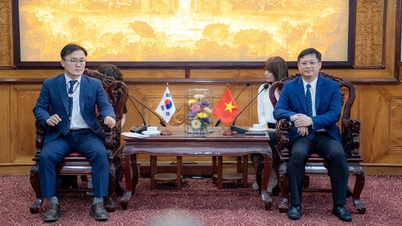

























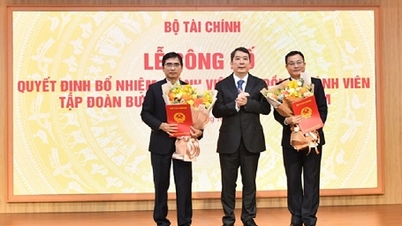

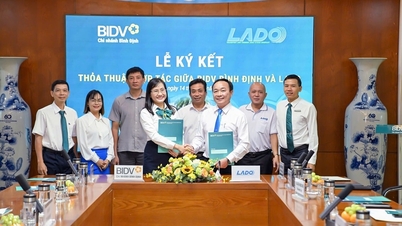

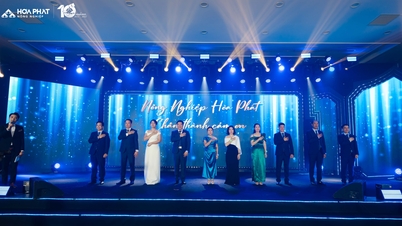









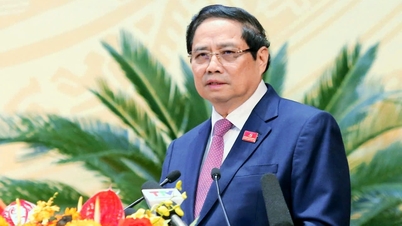


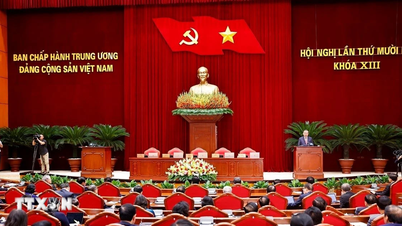








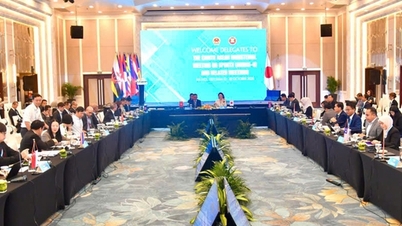


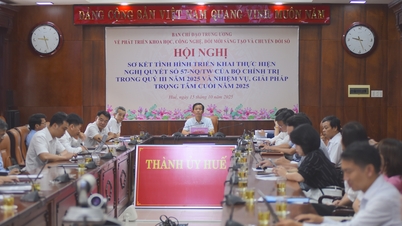
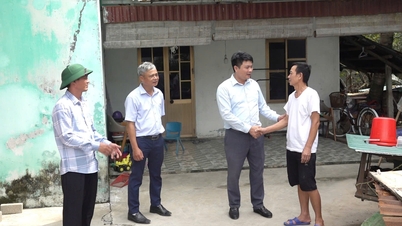

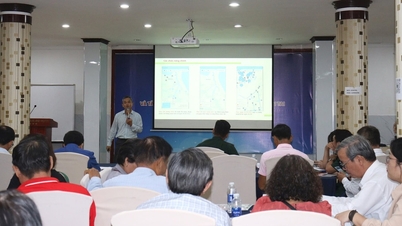




















Comment (0)